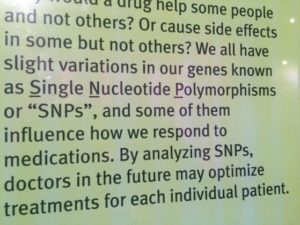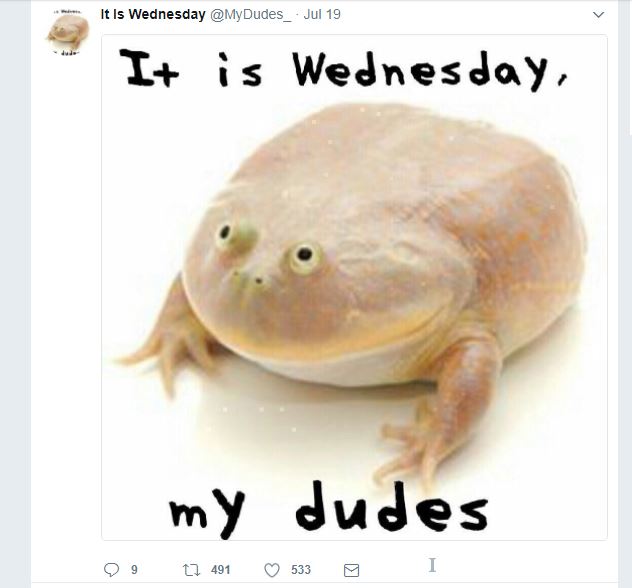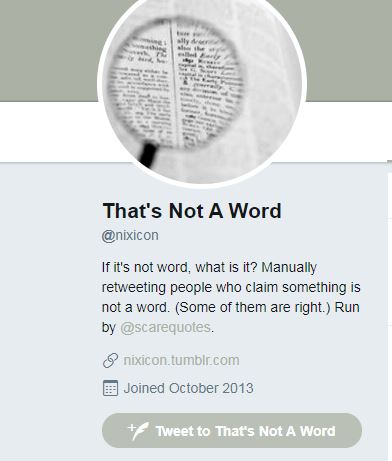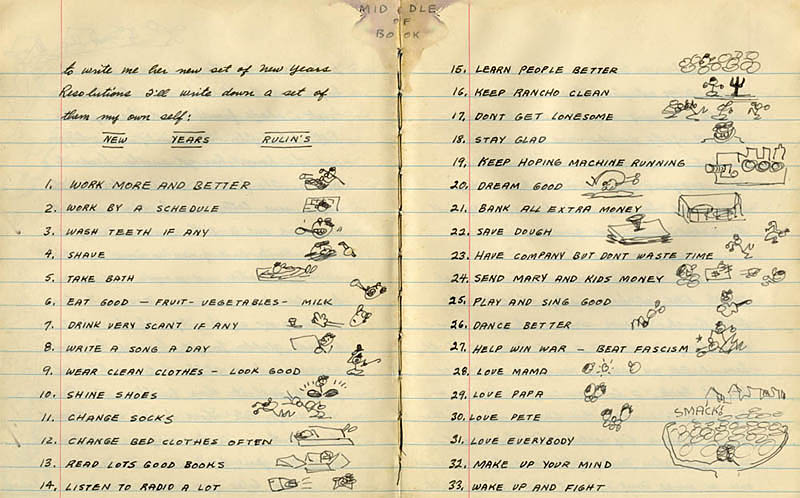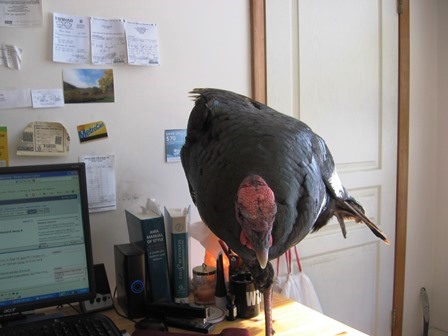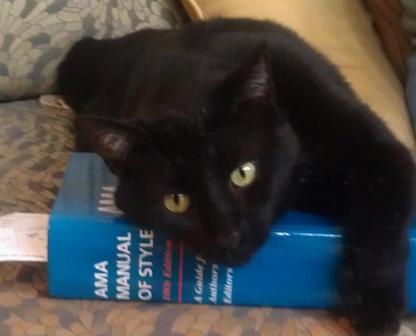Maybe, like me, you’ve got a lengthy commute to work, either by train or by car. Maybe, also like me, you’ll be road tripping for the holidays and need a way to pass the time. So probably (wait for it…like me!), you are already filling your phone with podcasts in preparation.
Among your daily news briefs, true-crime series, and Stuff You Should Know, consider adding these grammar and language podcasts if you want to brush up on your word nerdiness while you’re on the go.
Grammar Girl: It’s a top podcast among editors and writers, and one you probably already subscribe to. Mignon Fogarty has been bringing Quick and Dirty Tips on grammar and usage to the masses for more than a decade in the form of her website, books, and podcast. With more than 600 podcasts (!) in her library, even if you’ve heard them all, there’s always a topic you can revisit.
Lexicon Valley: This podcast from Slate has also been around for a number of years, and its current host, linguist John McWhorter, explores grammar, of course, but also topics such as etymology and dialect. I particularly like his take on subjects because he frames them in historical context, mixes in relevance to current social issues, and recognizes that, like society, the English language is ever changing.
The World in Words: Packaged in the familiar part reporting, part storytelling format of many popular public radio programs, this podcast from Public Radio International tells stories of language of all types and how it affects those who use it. You’ll hear a wide variety of intriguing topics, including bilingualism, rhetoric in politics, and even how animals communicate.
Bonus audiobook:
Word by Word: The Secret Life of Dictionaries: If you’ve ever obsessed over the meaning and definition behind words, you’ll probably see bits of yourself in Kory Stamper’s book about her life as lexicographer. Plus, you’ll get a peek behind the doors at Merriam-Webster and find out just how words and their definitions make it to the page.
What language podcasts or audiobooks keep you both entertained and informed on long trips?—Jamie Scott



